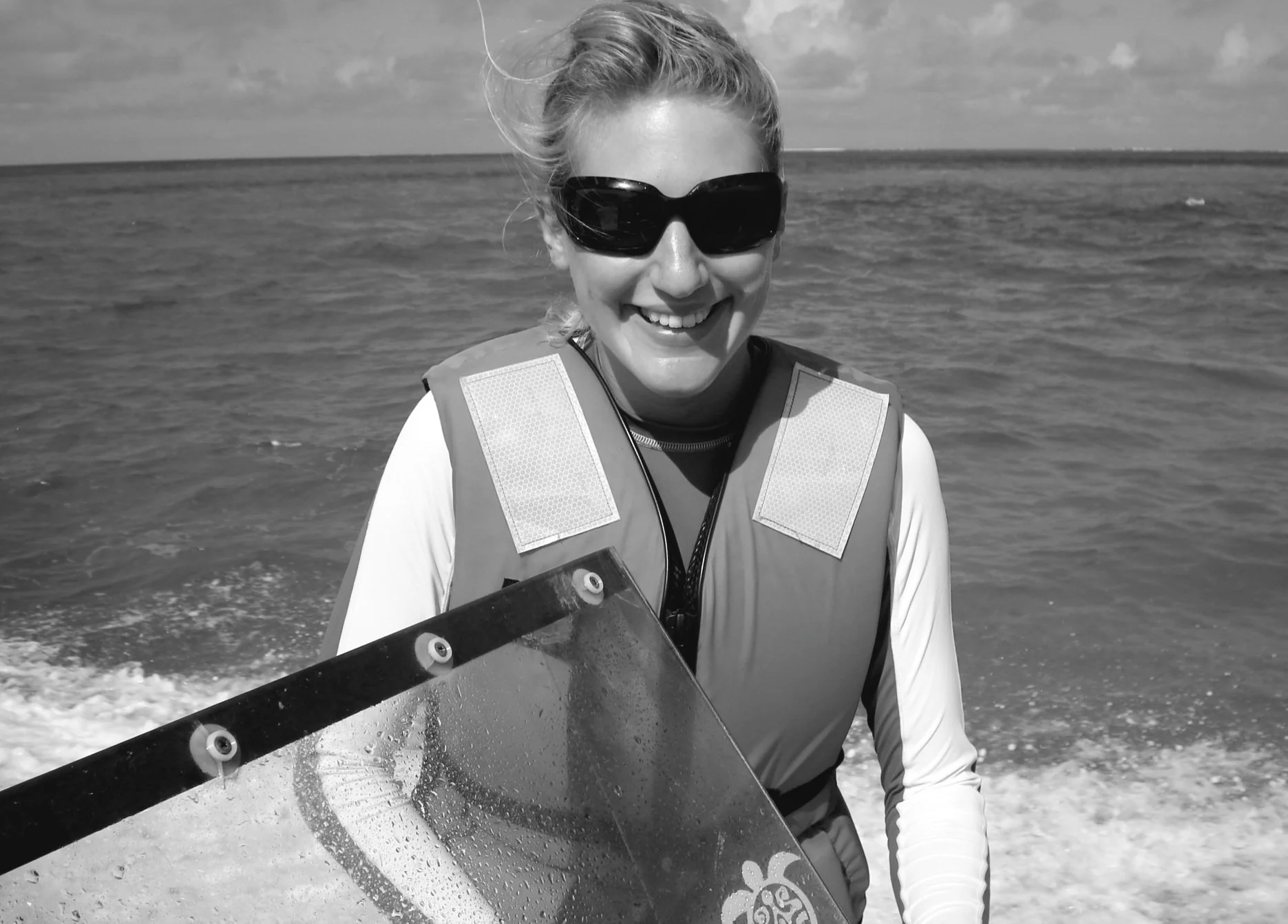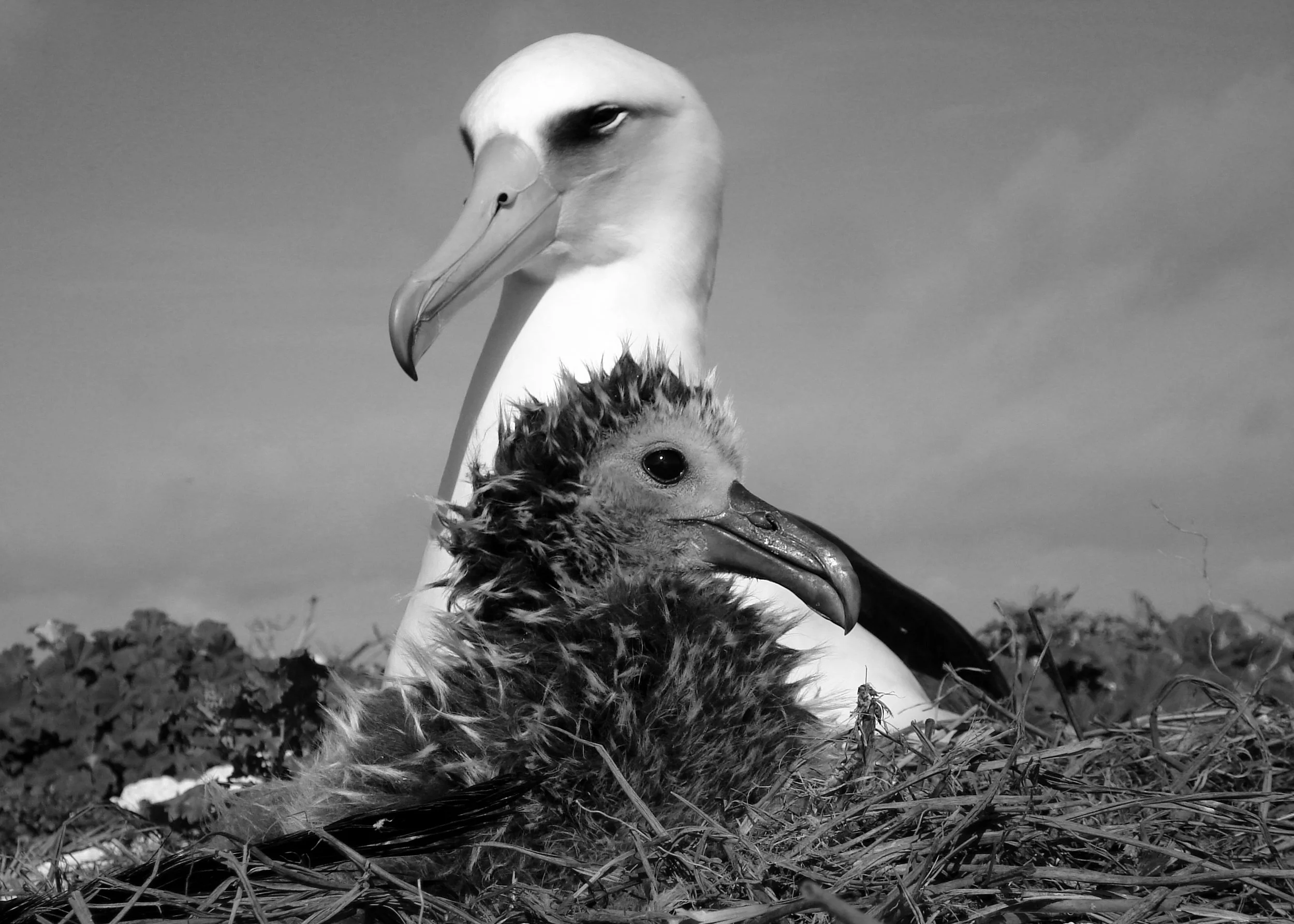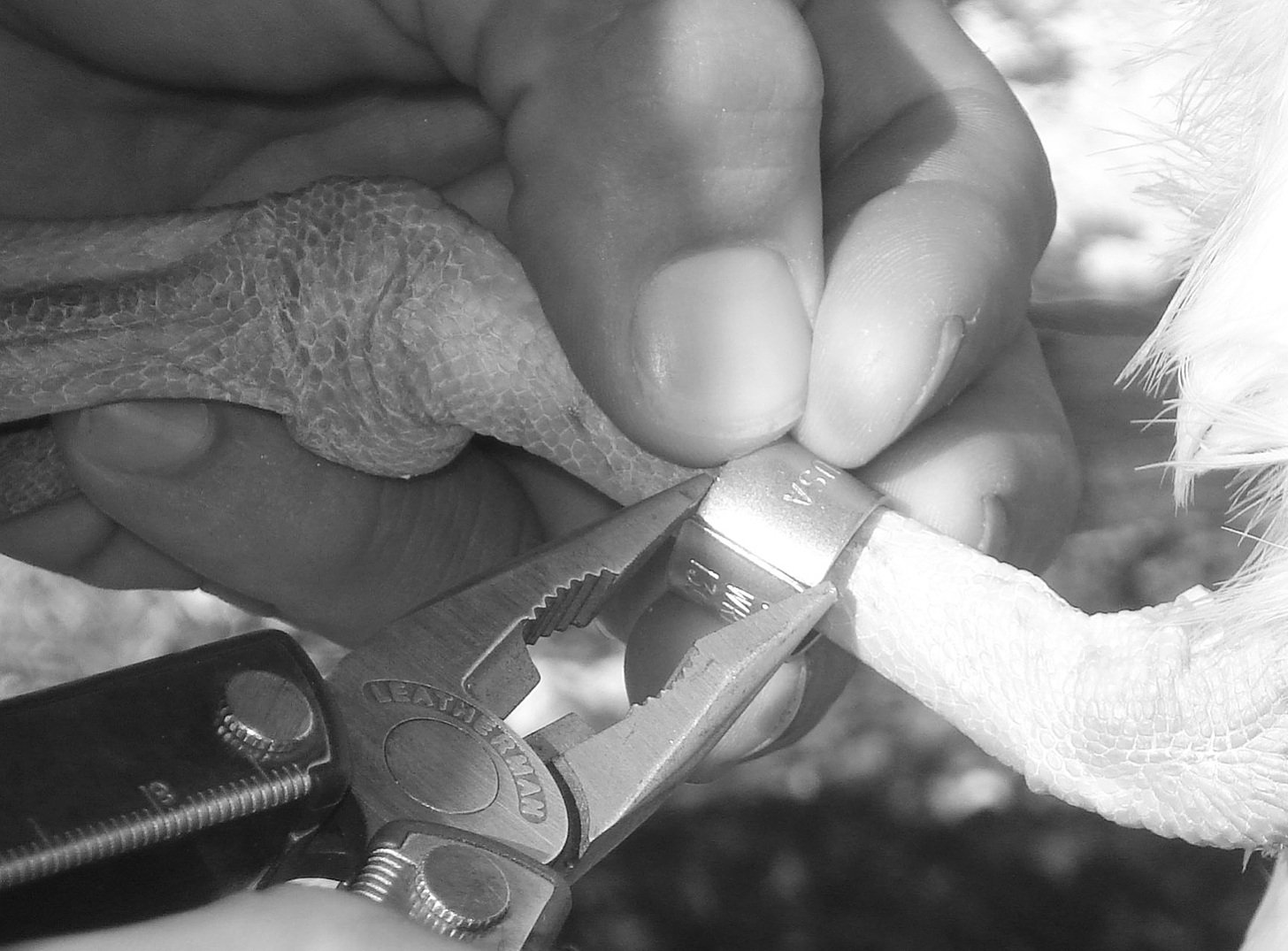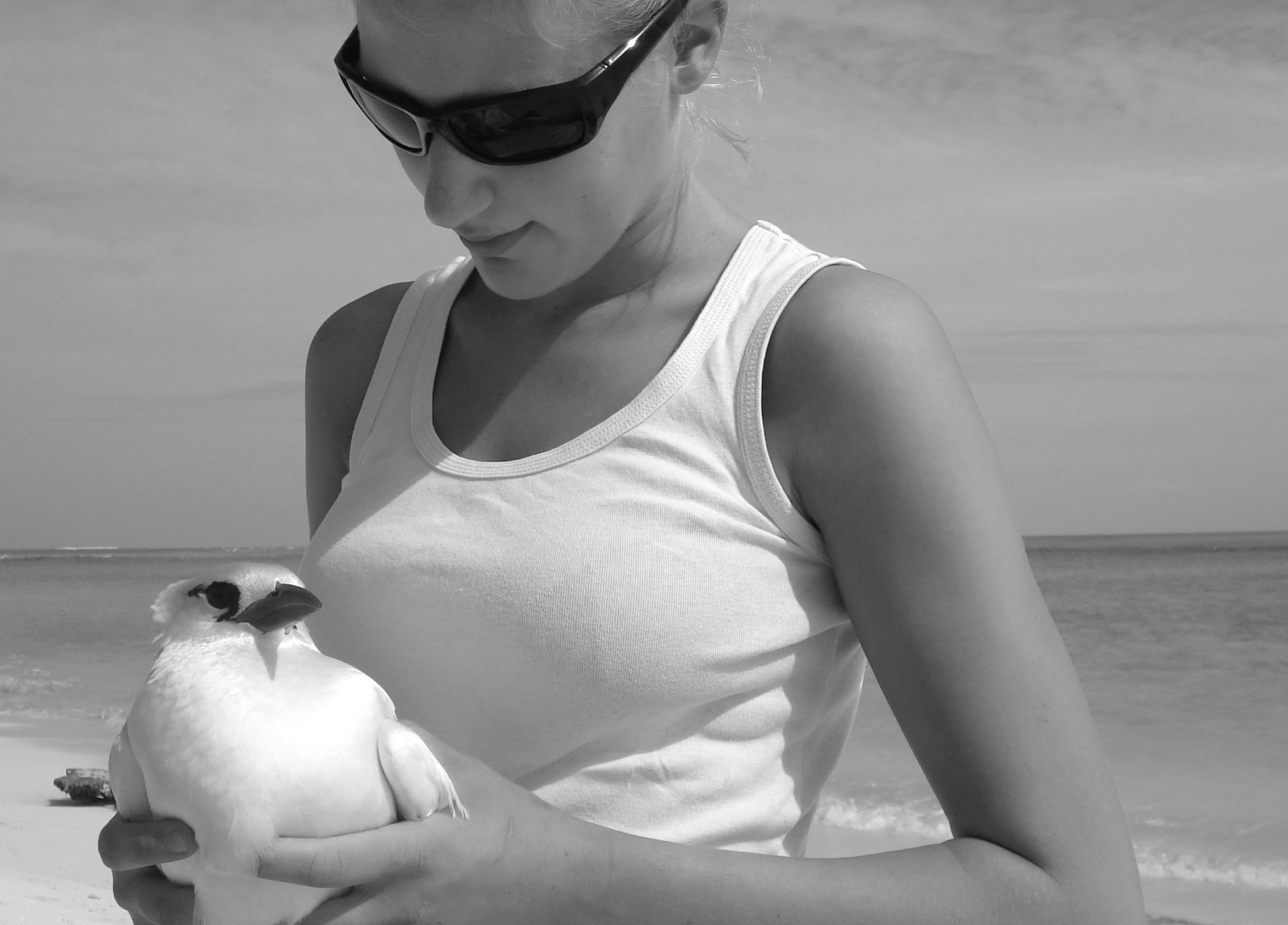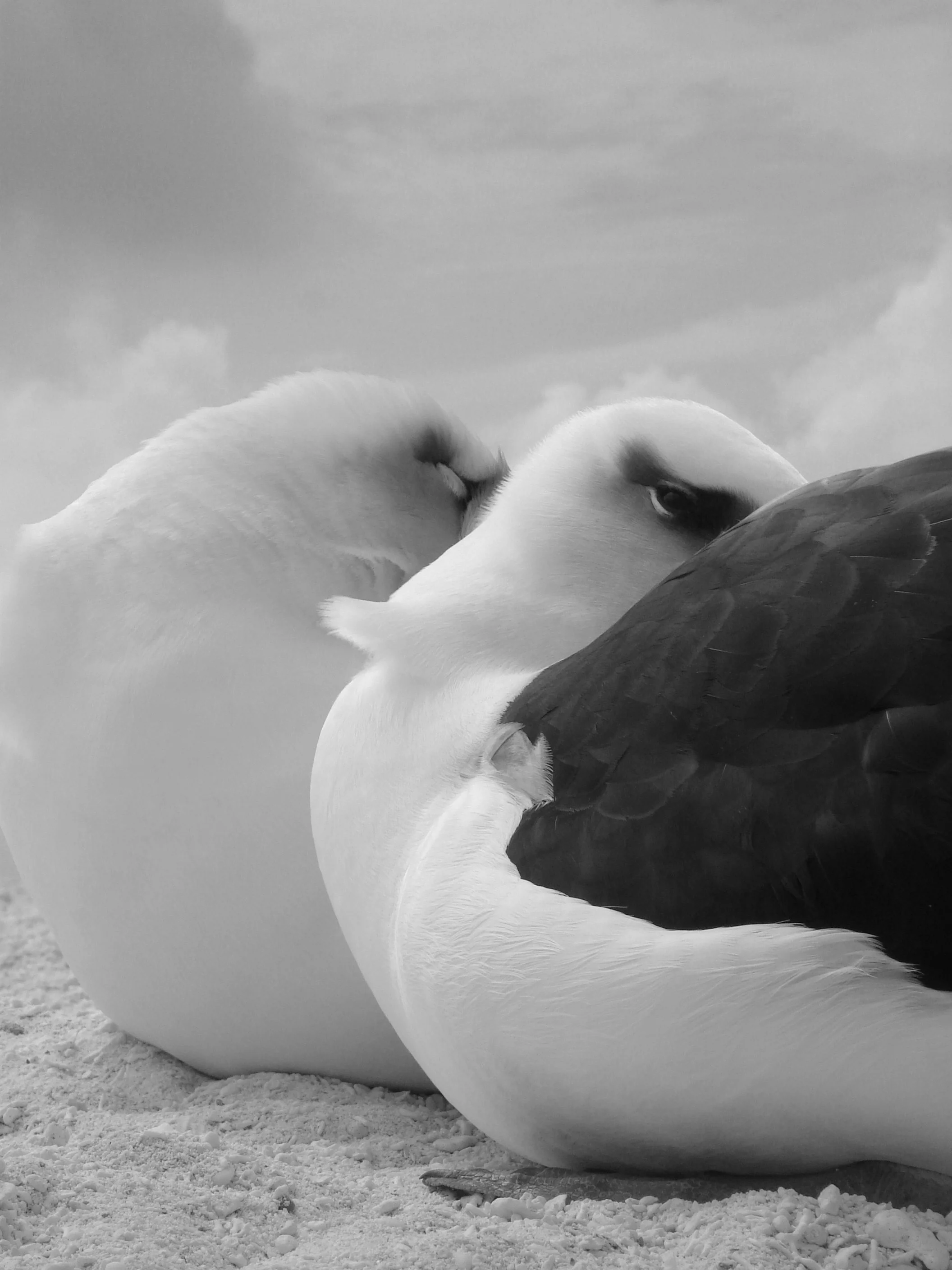
Our Trustees
Sabrina Luecht
Trustee | Trust Founder | Project Manager
B.Sc. Biology - University of Canterbury, Wildlife Biologist & Rehabilitator.
Sabrina Luecht is a biodiversity specialist with a focus on protecting and managing natural ecosystems. She has a strong commitment to conservation - to conserve, promote and sustainably manage endemic species and important biodiversity sites. She has been instrumental in leading conservation projects and engaging key stakeholders, working with central and regional government, crown research institutes, NGOs, community groups and iwi.
Over the past 20 years Sabrina has worked for the Department of Conservation, Forest & Research Institute, Environment Canterbury, Landcare Research, University of Missouri, U.S. Fish and Wildlife Service, University of Tasmania, Christmas Island Seabird Project, The Isaac Conservation and Wildlife Trust, Endangered Species Foundation, and Hutton's Shearwater Charitable Trust.
She has worked with endangered avifauna nationally and internationally, specialising in threatened seabirds. Her focus has progressively shifted from research and legislative roles, to animal welfare and environmental education, in order to inspire positive change.
Sabrina is passionate about protecting threatened species and improving biodiversity outcomes. She has voluntarily rehabilitated wildlife since 2015, operating under a DOC Wildlife Act Authority and as a Wildlife Rehabilitator Network (WReNNZ) member.
Being the only DOC authorised wildlife rehabilitator in the Kaikōura region, Sabrina established Kaikōura Wildlife Rescue in 2017, which she solely voluntarily managed to aid injured and ill native birds. In 2021 she founded the Trust to achieve the vision of a specialised wildlife hospital and conservation centre in New Zealand’s seabird capital.
With accelerating species declines, Sabrina believes in aiding at-risk wildlife and offsetting negative human impacts. The majority of wildlife patients that arrive in care, do so because of human related causes. Expert veterinary treatment, rehabilitative care and education are crucial aspects of conservation management. Having established the Trust based on these principles, she looks forward to the district achieving a long-term solution for its wildlife and people.


